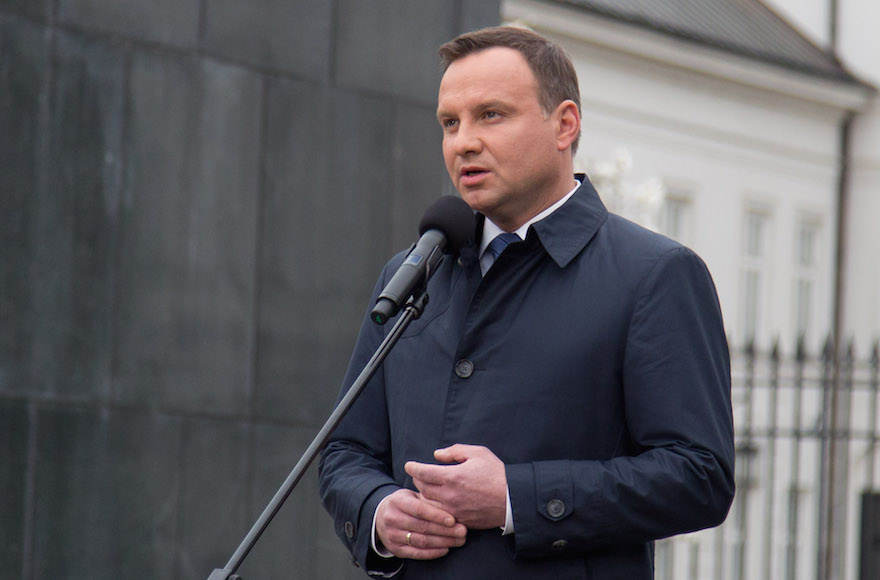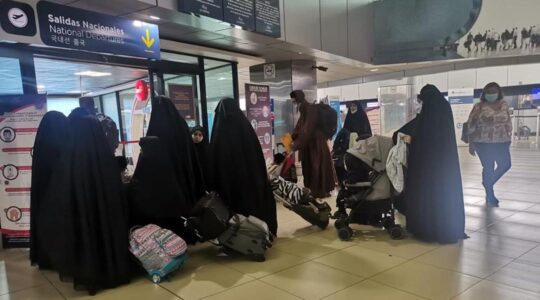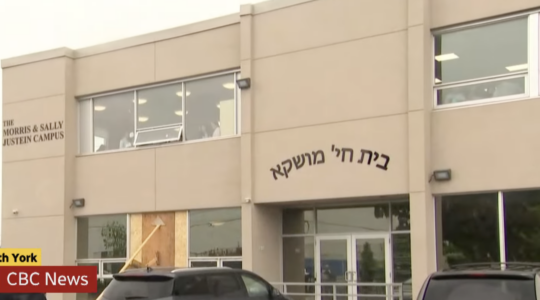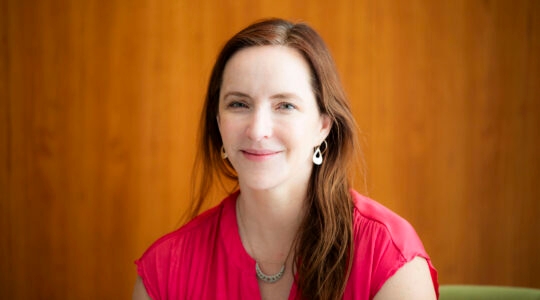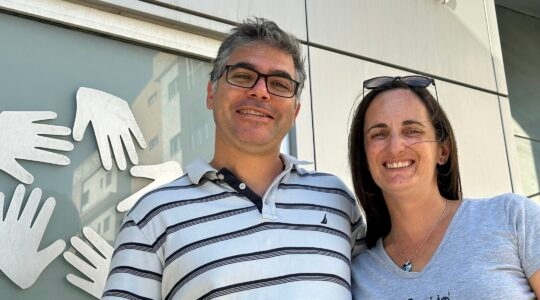(JTA) — The president of Poland strongly condemned anti-Semitism and all forms of racism and xenophobia in leading the commemorations marking the 70th anniversary of a massacre of Jews after World War II.
Andrzej Sebastian Duda spoke Monday in the southeastern town of Kielce, where communist police and a mob killed 42 — nearly all Jews — on July 4, 1946.
“In a free, sovereign and independent Poland, there is no room for any form of prejudice, for racism, for xenophobia, for anti-Semitism,” Duda said, according to remarks carried by the Polish news agency PAP, The Associated Press reported.
Coming so soon after the Holocaust, the killings — spurred by a false rumor that returning Jews had attacked a local boy — sent a wave of fearful Jews out of Poland and left those remaining afraid of living in their homeland. Poland had an estimated 250,000 Jewish Holocaust survivors in a pre-World War II Jewish population of 3.5 million.
In recent months, Duda has strongly condemned anti-Semitism and xenophobia several times after sending mixed messages on matters of prejudice since the election last year that brought his coalition to power, AP reported.
A day earlier, the prime minster of Poland in a message to a Kielce commemoration said there is no place for racist violence in her country.
Andrzej Bialek, the vice president of the Jan Karski Educational Foundation, which organized the commemoration, read aloud a letter from the prime minister, Beata Szydlo, to the gathering of some 200 people.
“Seventy years ago, shortly after the devastating war and the Holocaust drama, in Kielce again flowed the blood of innocent people,” the letter said.
Szydlo said there was no provocation that can be an used as an excuse for anti-religious and racist violence. She said the tragedy is still being studied by historians.
Anna Azari, the Israeli ambassador to Poland, also spoke at the ceremony, saying “We have to act together against racism, anti-Semitism and xenophobia.”
Bogdan Bialek, the Karski Foundation official who organized the ceremony, spoke of a world without violence and hatred.
“We do not gather here in this place against anyone, even against those whom we think in our minds as our opponents, and perhaps – God forbid – as enemies,” Bialek said. “We gather here for us, for all people, for a better future.”
The Jan Karski Educational Foundation, named for the Polish underground fighter and righteous gentile who was among the first to report the dimensions of the Nazi genocide, promotes Catholic-Jewish interchanges and seeks to instill Karski’s example in young people.
JTA has documented Jewish history in real-time for over a century. Keep our journalism strong by joining us in supporting independent, award-winning reporting.
